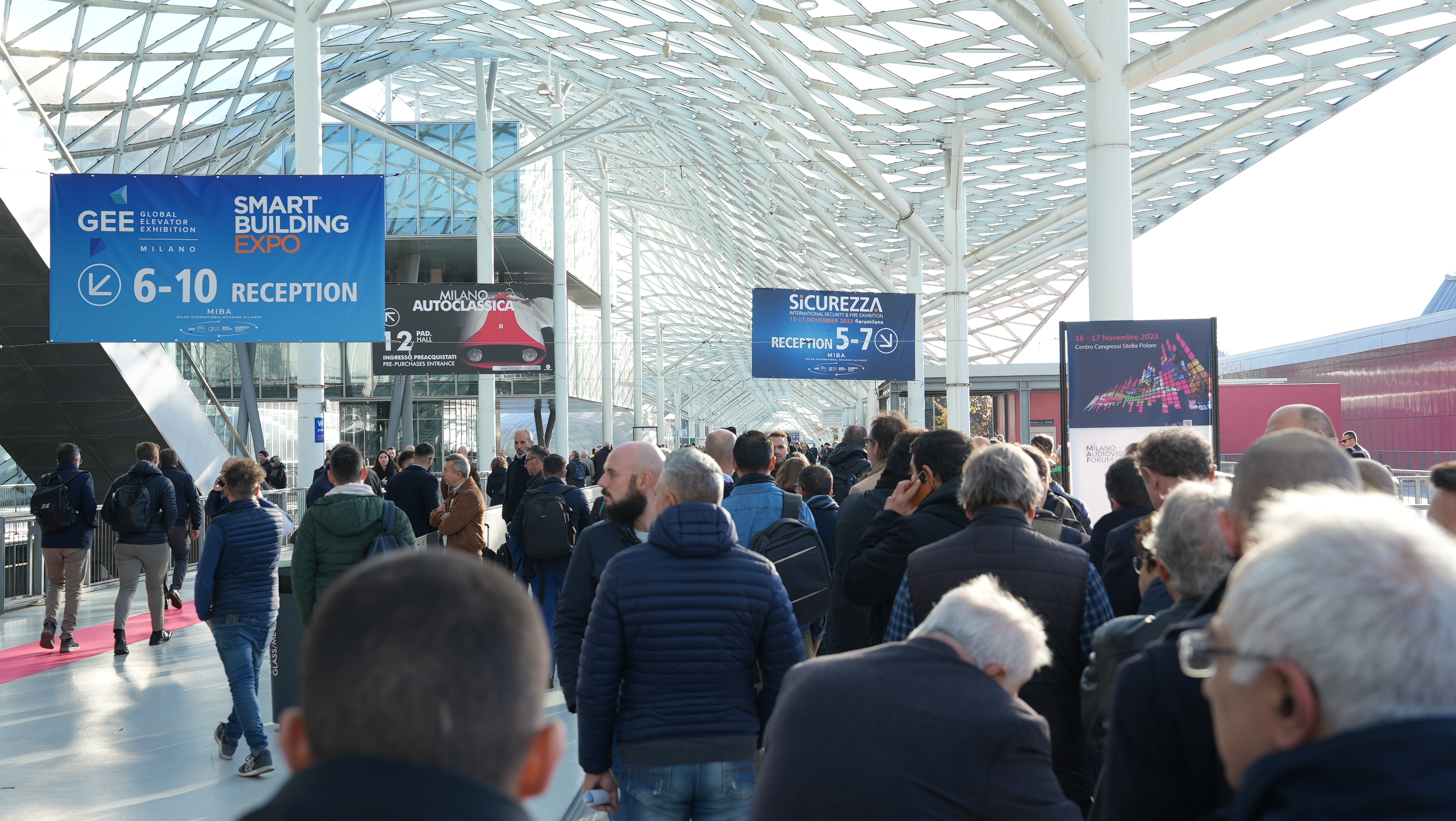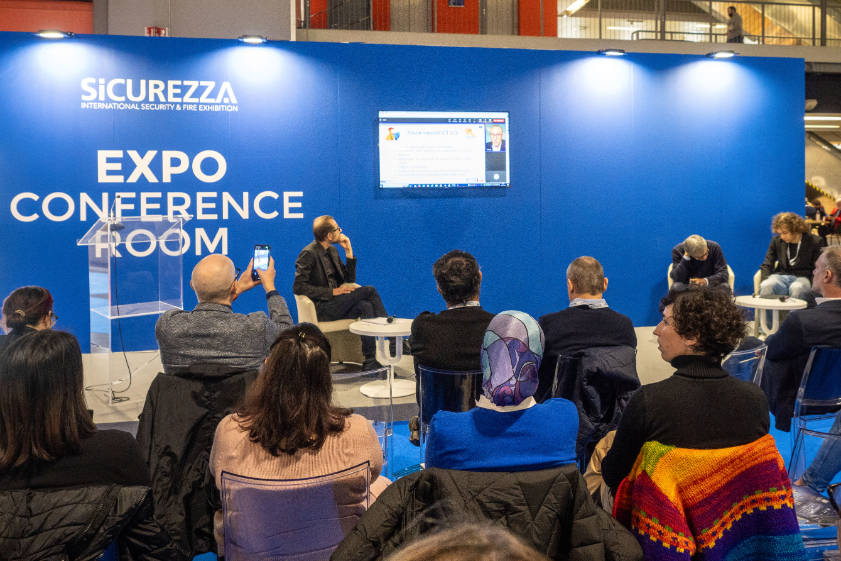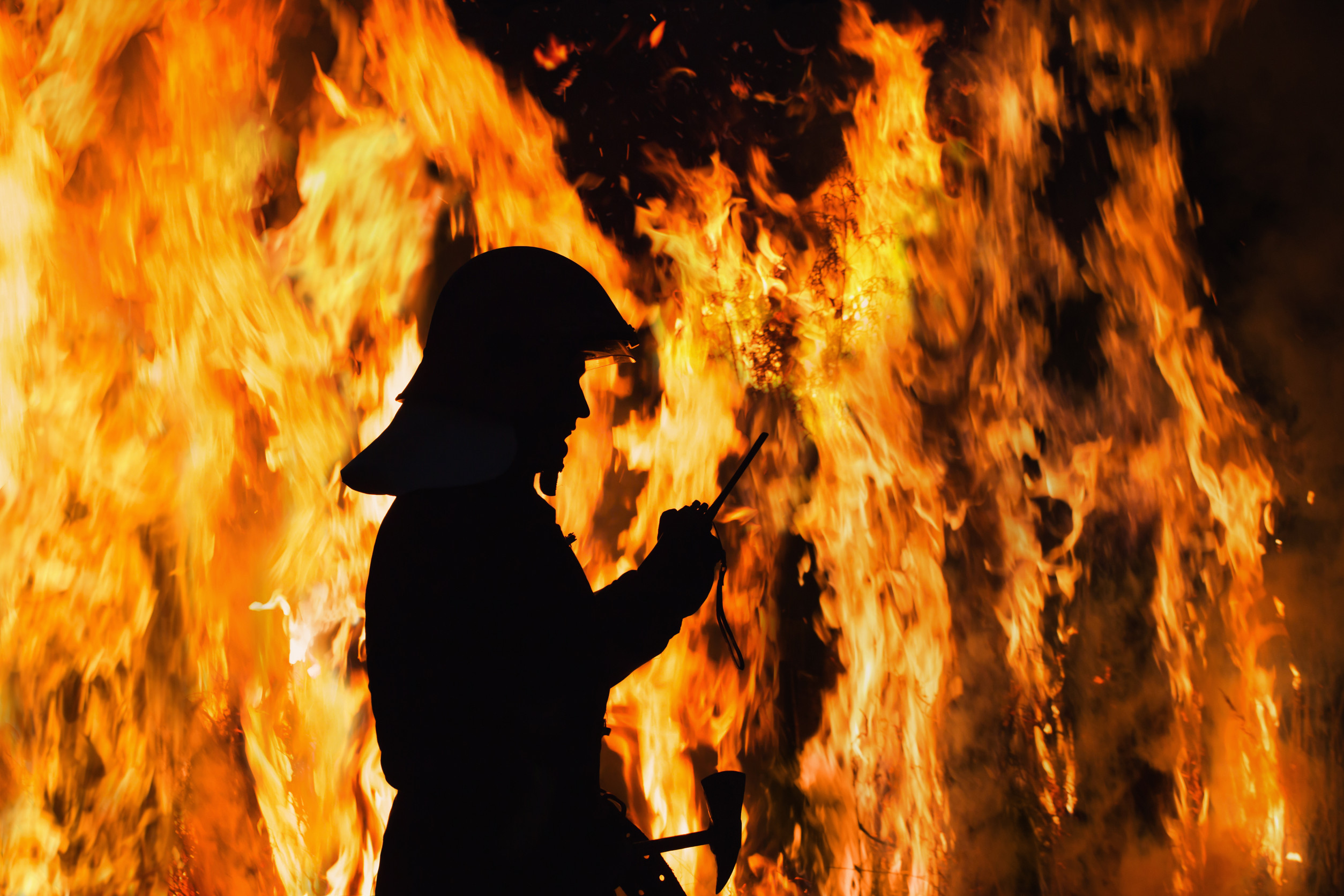According to the latest ISTAT data, the percentage of unemployed young people stands at 24%, showing a slight increase compared to the previous month, yet companies looking for technicians are increasingly complaining about the huge difficulties in finding specialized resources. Civil construction technicians and electricians are actually mentioned by the Ance Observatory 2022 among the most sought-after professional figures.
How is the security, fire prevention and building automation sector dealing with this issue? Which are the required profiles and what training courses should be followed?
We discussed these topics with the presidents of ANIE Sicurezza, Assosicurezza and AIPS (Italian Association of Professional Security Technicians), and with the secretary general of AIPROS, to understand, from their privileged vantage point, the current situation of the market.
“Since the very first days of the Fire & Security sector in Italy, the topic of skills has always been central” – begins Giulio Iucci, President of ANIE Sicurezza.
And today, in light of the evolving international context and of the continuous updating of relevant legislation, this need is felt even more strongly: “A highly technological sector such as ours, that every day has to face challenges related to digitalization, ICT world and cyber security – continues Iucci – is seeking specialized figures capable of gaining a deeper understanding of the context and organization in which they live and work, integrating their skills and ensuring their constant update on security matters, in accordance with a world that evolves and changes rapidly, both in terms of technological innovation and security management skills. The main assets are the identification and assessment of risks, the implementation of strategies, plans, policies and procedures for risk prevention, the ability to manage crisis and emergency situations from a security management point of view, as well as constant technical and regulatory updating, the ability to identify – through risk analysis and knowledge of technological solutions – the most efficient and effective response to the demand for security expressed by the end user.”
But in order to push young people to approach the profession, it’s important to describe it in the right way and to protect it by establishing professional standards and certifications. As a matter of fact, Iucci concludes: “We must all work together to ensure that these skills are 'appealing' to those approaching the job market; this can only be achieved by making these required skills visible and officially recognized.”
Assosicurezza confirms the problems related with the search for specialized resources, which have further increased after the changes determined by the technological evolution in a digital sense, but also, paradoxically, by the massive digitalization imposed by Covid19.
“Some geographical areas that were already experiencing a strong growth before the pandemic, even within the European Union itself, showed a growing shortage of technical figures of all kinds, including Security 'specialists'. In addition, for those who required a certain command of foreign languages, or at least of English, there was even less choice. - explains President Raffaele De Astis - With the lockdown, the situation went through a further change. The recovery brought a new context to the fore: on the one hand, companies and resources took a leap in digital skills, thus opening up new opportunities; on the other, the sudden recovery after a period of total standstill made the lack of specialized resources even more clear. Luckily, the area of research has widened, especially for companies that are structuring themselves digitally and with remote working”.
As a consequence, the required skills have changed, but the same is happening with the approach of companies towards their resources: “Many manufacturing companies have re-evaluated the importance of people, and already in 2020 were investing to modernize their human resources departments, focusing on training courses and taking care of their company’s image to make it more attractive in the eyes of potential new employees. For many family-owned companies, the focus on human resources has always been a mainstay, but in recent years this focus has evolved” – continues De Astis.
Besides, with respect to skills, “training needs to act on two parallel levels.” – he concludes – “Technical training and hard skills, are no longer enough. Training in human skills, the so-called soft skills, has now become essential.”
The same difficulties in finding resources that manufacturers are starting to notice are also emerging in the installation world.
"In the security, fire prevention and building automation market, it’s really hard to find specialized technical personnel who can be immediately operational.” - comments Paolo Gambuzzi, President of AIPS - “These are in fact very specific sectors, for which it takes years for a company to train an employee on both the technical and regulatory level. Once a technician has been trained, a company has also to face the risk of 'losing' him within a month if he decides to quit and accept the offer of a competitor to perhaps gain a few more euros. Let's not forget that the law allows a minimum notice that is often disproportionate to the time and resources spent for a proper training, without any protection or compensation for the company itself.”
With respect to the recruiting process, he adds: “Usually, security system installation companies look for employees among the recent high school graduates in telecommunications, electrical engineering, electronics, computer science. However, after completing high school, many young people prefer to continue their studies, and those who immediately enter the job market hardly know the meaning of working as a security system installer. It’s rare to find someone who’s willing to undergo the hourly flexibility and availability that our profession requires by its very nature, even despite the adequate remuneration that a company can offer. For this reason, in order to create more awareness, I believe that school training initiatives such as apprenticeships or school/work alternation should be strengthened and taken care of, so that companies can actively employ young people without having to keep them in the office making photocopies.”
As reiterated by AIPROS, in order to help the growth of the security market and at the same time protect the professionals who are approaching it, an important 'upstream’ topic is also represented by the regulatory recognition of the figures involved.
Despite how numerous, articulate and complex are today’s UNI/CEI standards for truly integrated safety, also with respect to sustainability - both for products and design, installation, management and maintenance services - a formal qualification/certification, that is officially recognized and appreciated as an added value of safety professionals, is yet to conquer the market.
“Therefore, we believe it’s essential to complete the job of the UNI-CEI working group in order to finally apply the new UNI Standard concerning the skills required by the market for professionals who, with various assignments, work on security HW/SW systems and technologies, and who would like to carry out their activities as designers, installers, and maintenance personnel, according to regulations that in Italy have been associated with the UNI-CEI Standard since 1968.” - remarks Franco Del Conte, secretary general of AIPROS.
"As AIPROS, for over 40 years we have been trying to develop and promote a culture of integrated security that, in a public-private partnership with every other stakeholder and without any prejudice, cares about the balanced and sustainable growth of market, free enterprise and liberal professions, and uses the UNI EN ISO 31000 standard as the main operational tool to reduce the indeterminacy of business risk. As a matter of fact, we believe that it won’t be possible to deny any longer the market call for an official normative recognition of all players in the supply chain, from design to installation, up to operation and maintenance of security systems, with qualified (Law 4/13) or/and UNI/CEI certified professions whether already standardized.”







